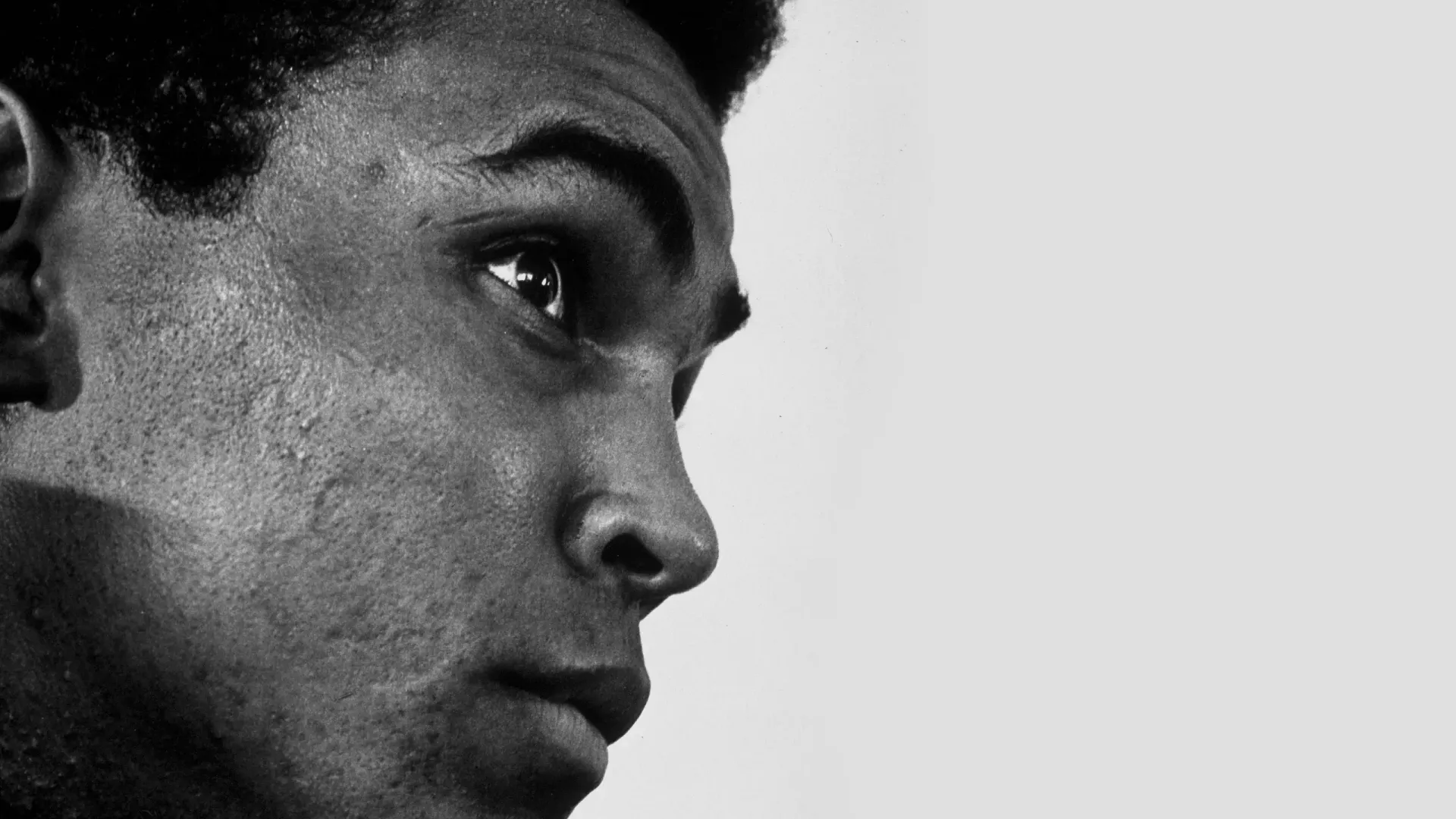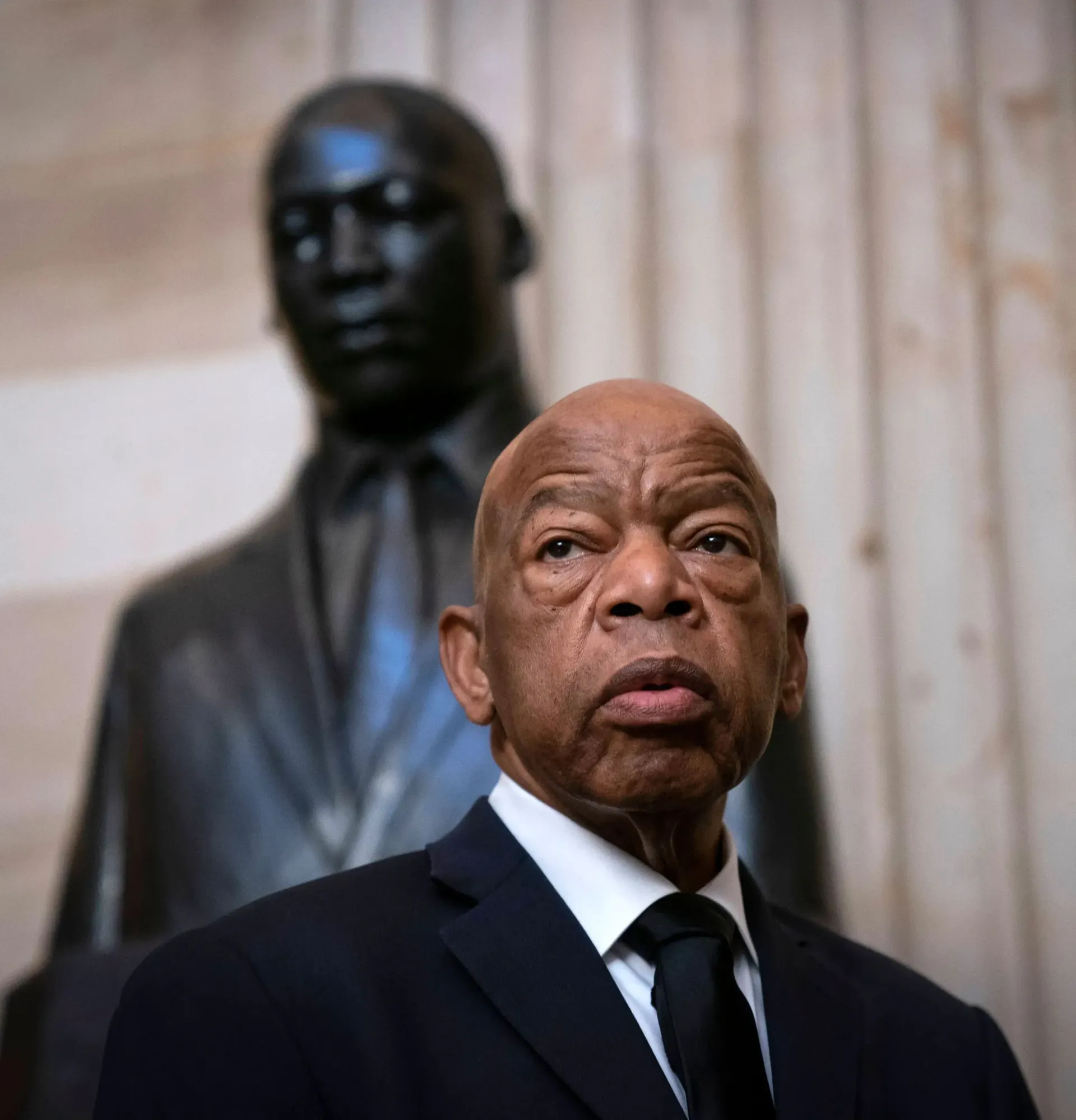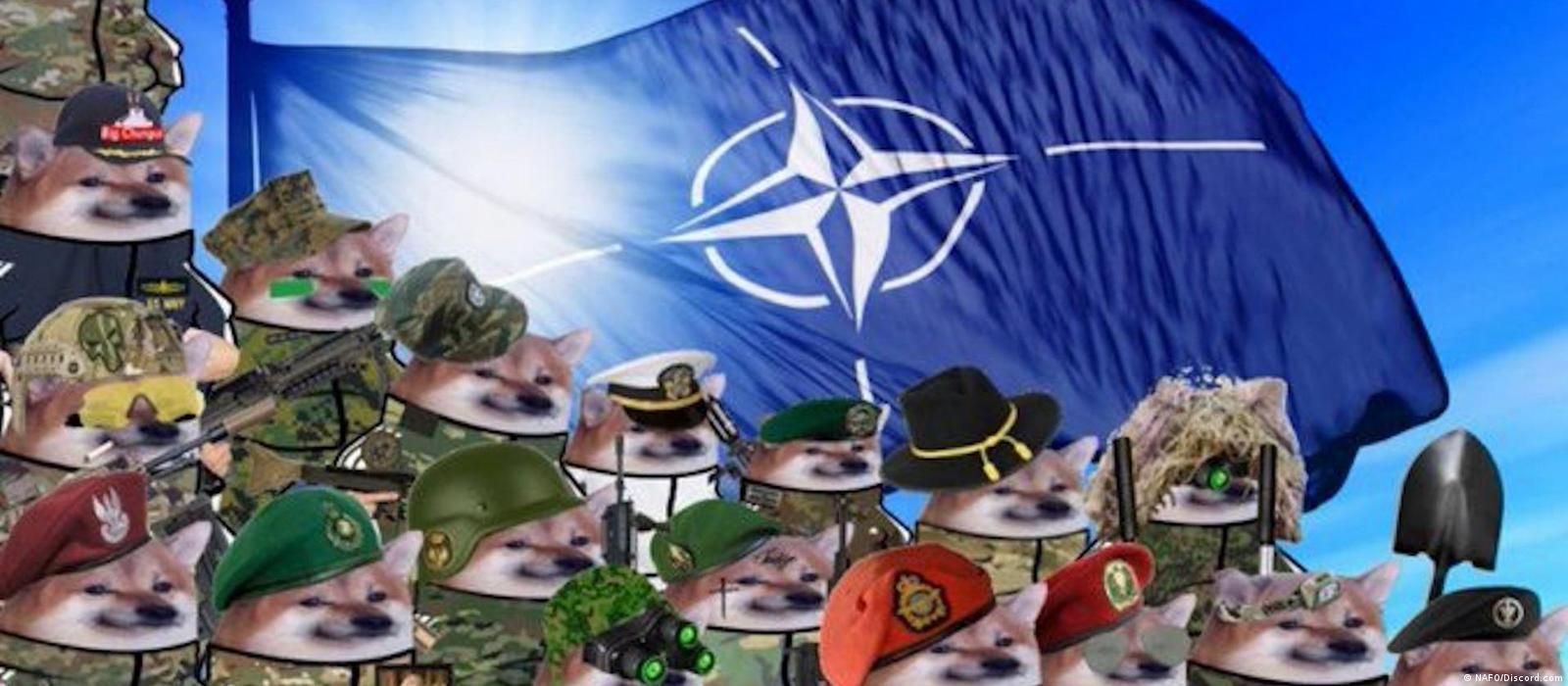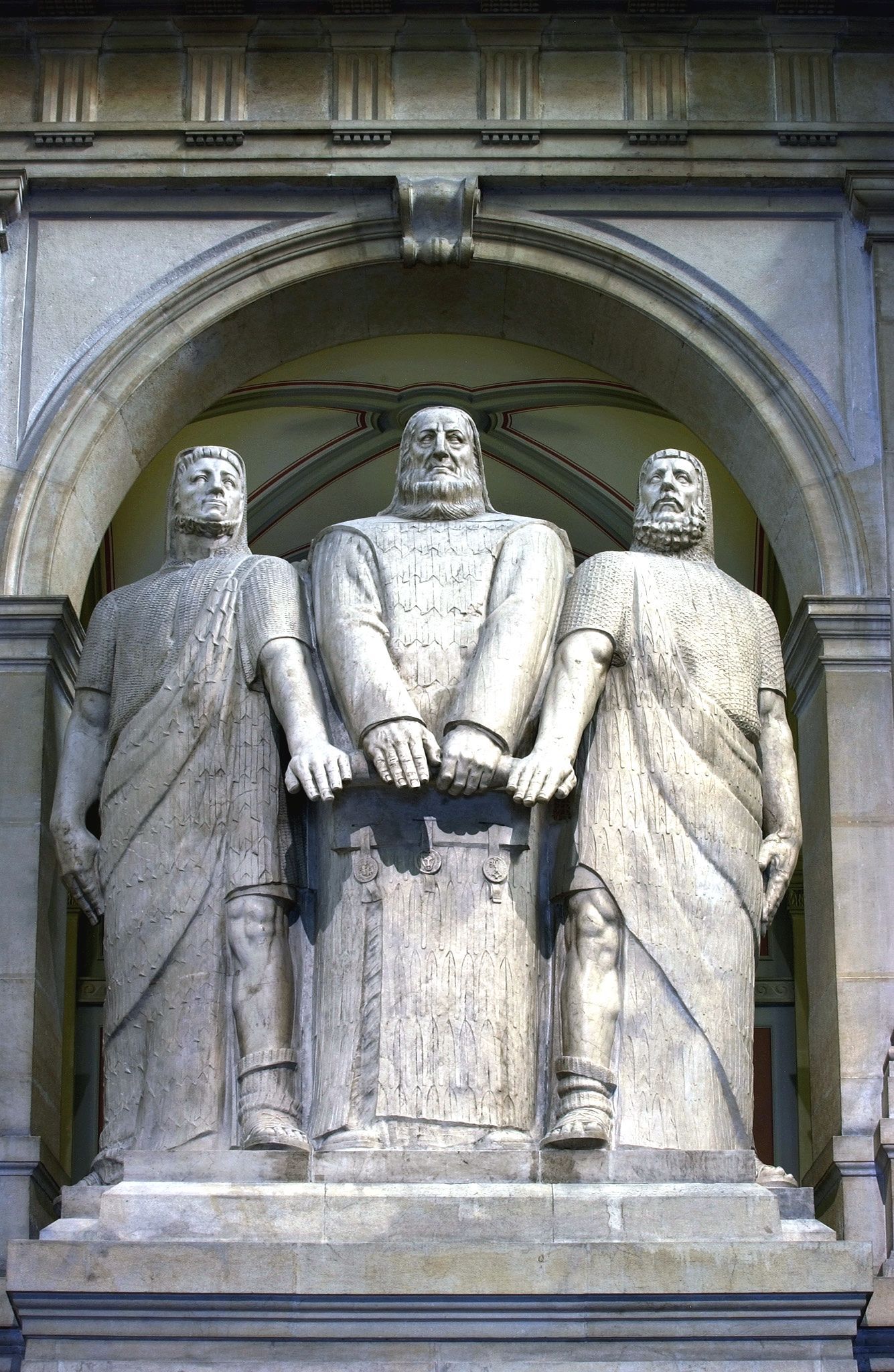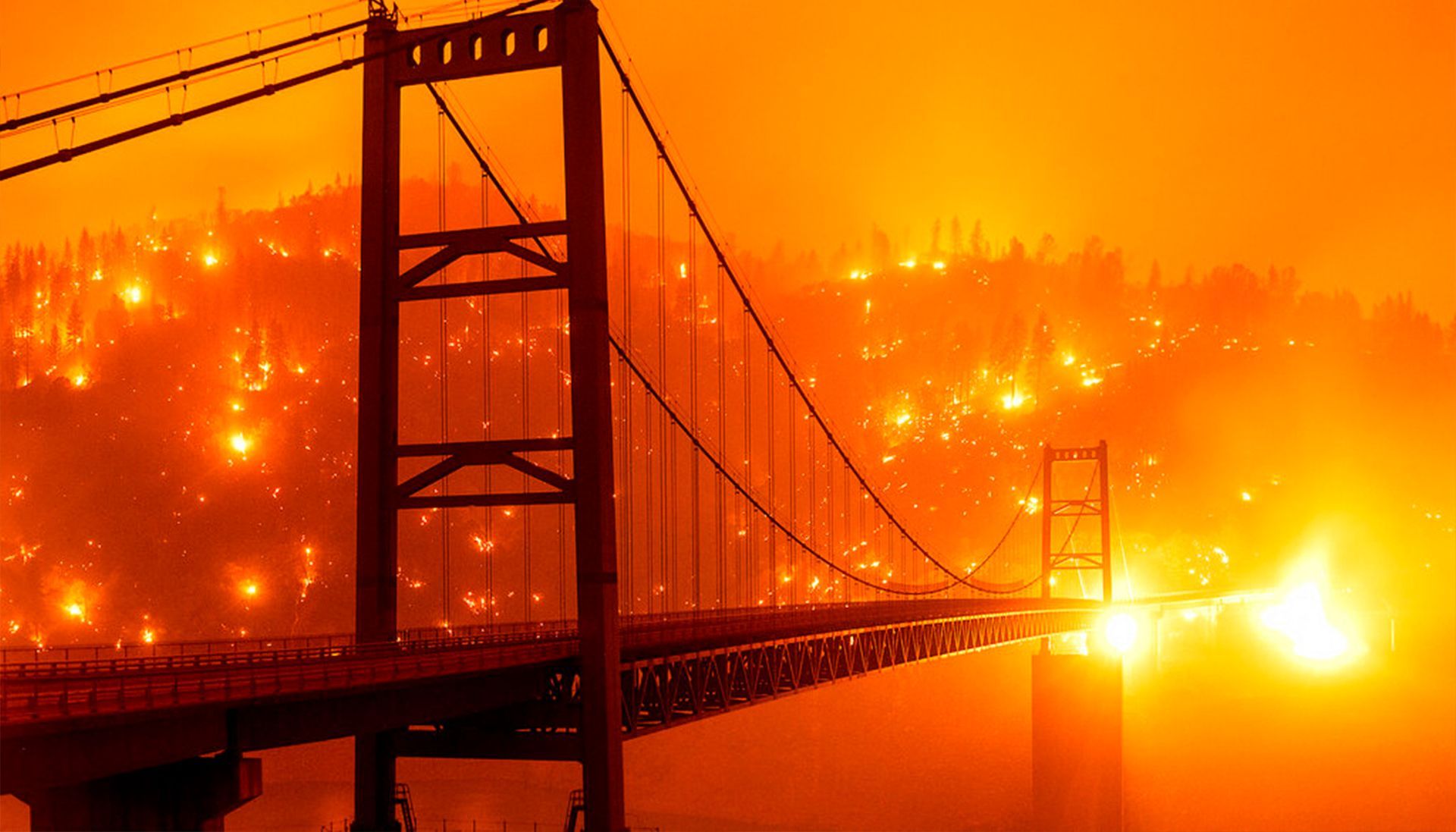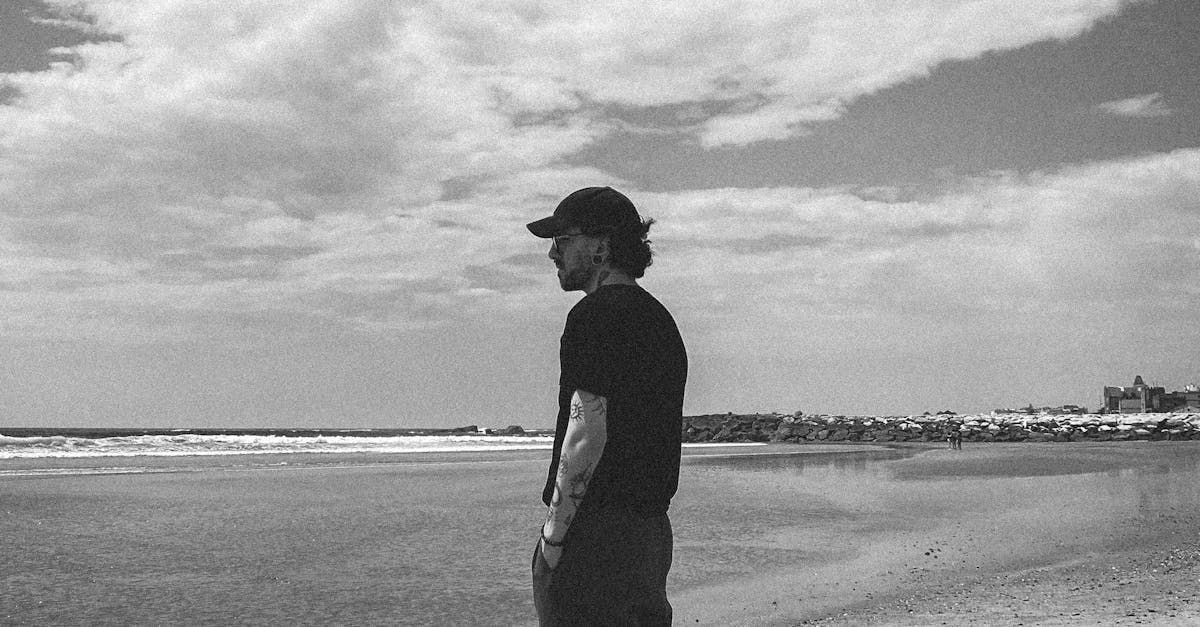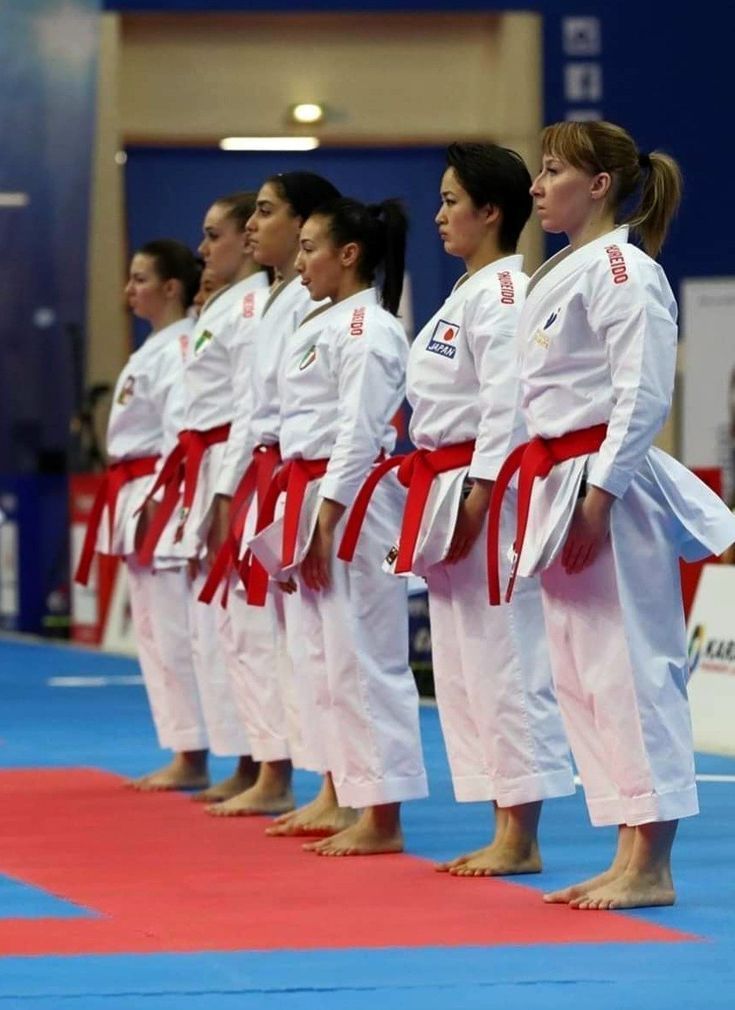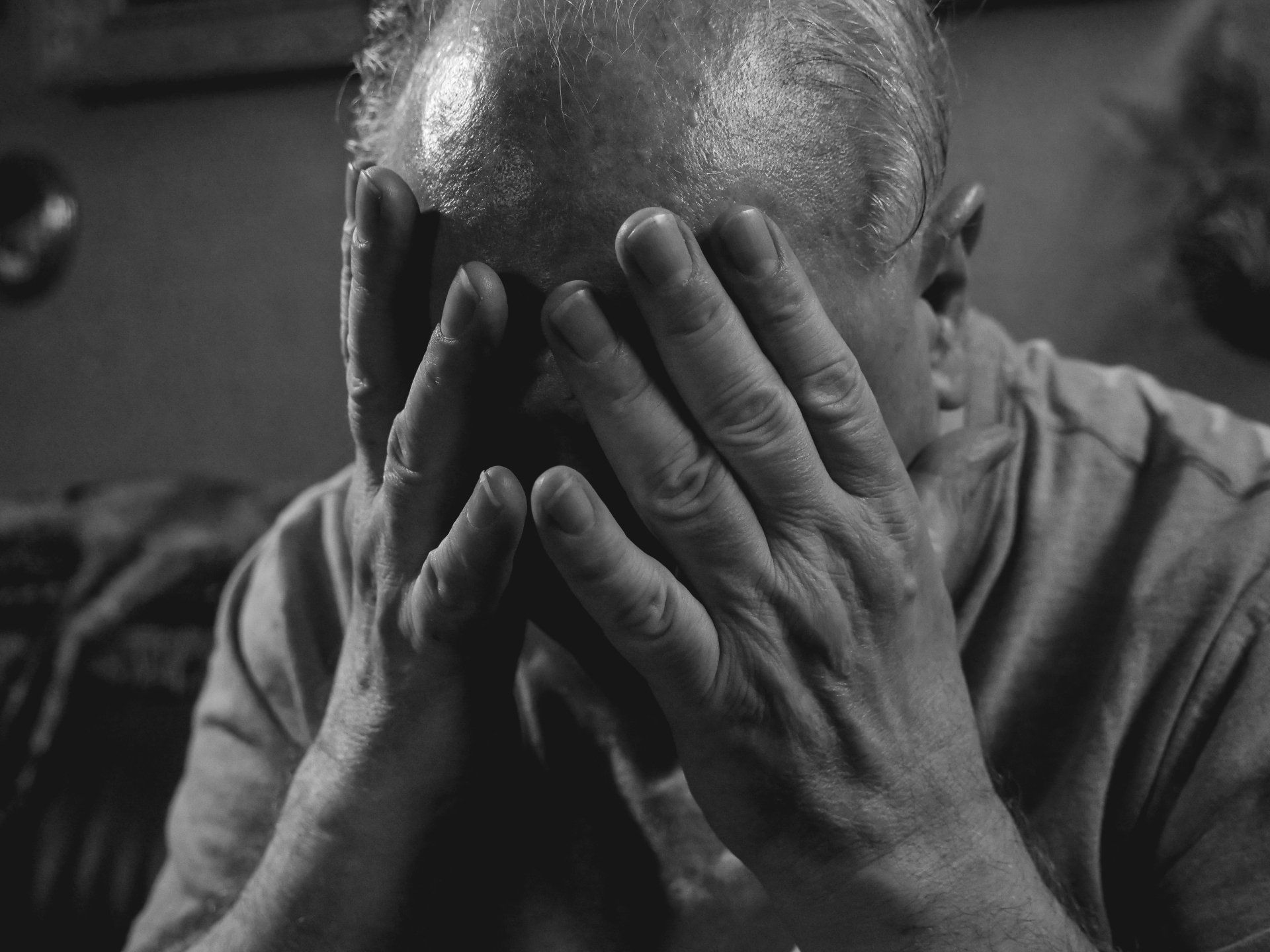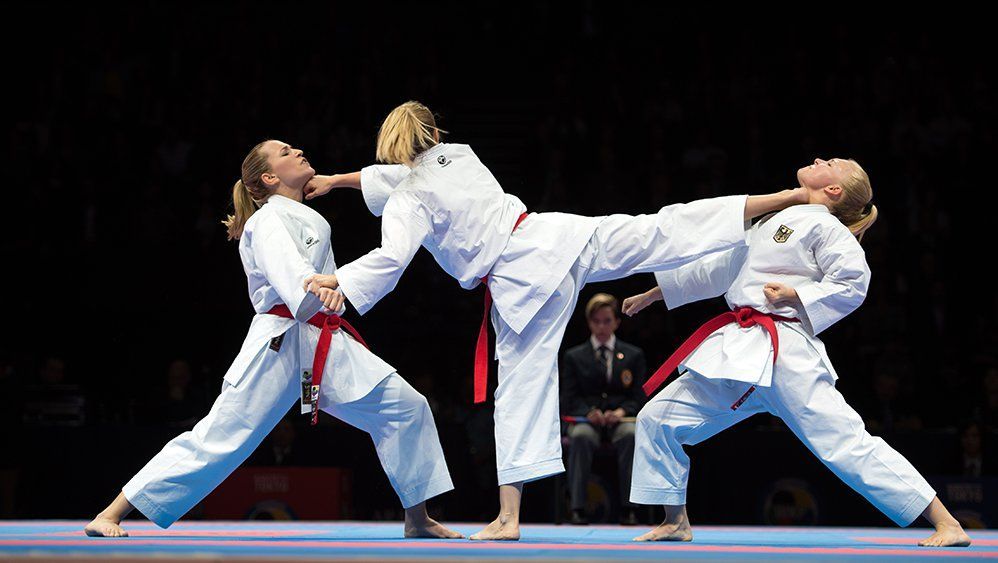The Erosion of Democratic Discourse: When Fear Silences Voices
The suppression of the democratic process through implicit and explicit threats of violence
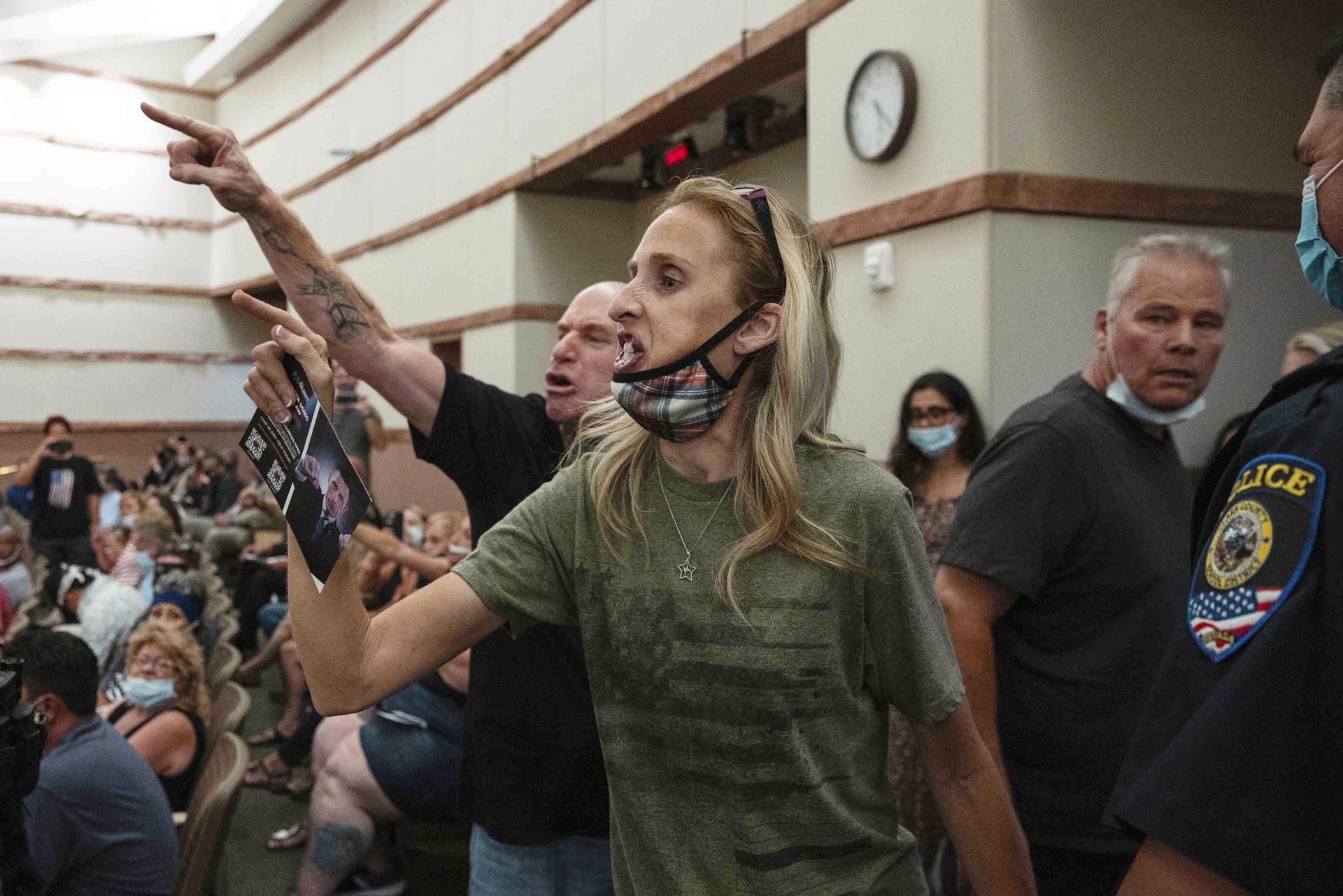
In the hallowed halls of democratic governance, the bedrock principle of free speech and open discourse has long been upheld as a sacred tenet. It is through the free exchange of ideas, the robust debate of contrasting viewpoints, and the ability to voice dissent without fear of reprisal that societies can truly flourish and progress. However, there exists an insidious force that threatens to erode this very foundation – the implicit threat of violence by extremist groups and the subsequent self-censorship it breeds.
The rise of extremist ideologies, be they fascist, nationalist, or rooted in other forms of radicalization, has cast a pall over the democratic process. These groups, while often comprising a vocal minority, wield a disproportionate influence through the implicit threat of violence that hangs like a Damoclean sword over those who dare to challenge their narrative. This threat, though unspoken and operating on a subconscious level, is no less potent, as it taps into the primal human instinct for self-preservation.
In the face of this implicit threat, a dangerous phenomenon emerges – self-censorship. Individuals, organizations, and even governing bodies find themselves engaging in an unconscious act of self-restraint, tempering their speech and moderating their opinions to avoid provoking the ire of these extremist elements. This chilling effect creates a ripple that extends far beyond the immediate targets of the threat, permeating the broader social fabric and stifling the very essence of democratic discourse.
The consequences of this self-censorship are far-reaching and profoundly damaging to the democratic process. It leads to a distortion of the Overton Window – the range of ideas and policies that are deemed socially acceptable and worthy of serious consideration. As opposing viewpoints are suppressed and dissenting voices are muted, the boundaries of acceptable discourse shift, often in favor of the extremist narratives that thrive on fear and intimidation.
This phenomenon is particularly insidious at the local level, where the influence of extremist groups can be felt more acutely. School boards, city councils, and other local governing bodies become prime targets for these vocal minorities, who leverage the implicit threat of violence to disrupt the democratic process and shape policies in line with their radical agendas. Through a combination of intimidation tactics, such as disrupting public meetings and targeting individuals with harassment or threats, these groups create an atmosphere of fear and uncertainty, effectively stifling the free exchange of ideas that should be the cornerstone of local governance.
The result is a creeping radicalization of policies, as those in positions of authority, faced with the choice of standing firm against the extremists or acquiescing to their demands, often opt for the latter out of a sense of self-preservation or a desire to avoid confrontation. This capitulation, while seemingly pragmatic in the short term, sets a dangerous precedent, emboldening the extremist elements and further normalizing their narrative within the public discourse.
However, there exists a counter-force, a societal bulwark against this erosion of democratic principles – a population grounded in the mastery of martial arts and the cultivation of courage and self-confidence. In such a society, the implicit threat of violence loses its potency, for the fear that once silenced voices is replaced by a collective resolve and a willingness to confront extremism head-on.
The practice of martial arts instills in its practitioners not only physical prowess but also a deep-rooted sense of discipline, self-control, and respect for the principles of non-violence. It cultivates a mindset that embraces conflict resolution through peaceful means, while simultaneously imbuing individuals with the confidence and fortitude to stand their ground in the face of intimidation.
In a society where the mastery of martial arts is widespread, the implicit threat of violence no longer holds sway over the populace. Instead, a reversal of fear takes place – it is the extremist elements who find themselves apprehensive, uncertain of the consequences of their actions in a community that values personal empowerment and possesses the means to defend itself against aggression.
This societal shift has profound implications for the preservation of democratic discourse and the protection of free speech. When the implicit threat of violence is neutralized, the self-censorship that once stifled open debate dissipates, allowing for a true marketplace of ideas to flourish. Individuals and organizations are emboldened to voice their opinions without fear of reprisal, confident in the knowledge that their right to free expression will be defended, if necessary, by a population trained in the art of self-defense.
Furthermore, this shift in power dynamics creates a deterrent effect, dissuading extremist groups from employing tactics of intimidation and disruption. Faced with a community that refuses to be cowed by the specter of violence, these fringe elements may be forced to re-evaluate their strategies, recognizing that their implicit threats hold no sway over a populace that has embraced the principles of martial arts and personal empowerment.
The ramifications of this societal dynamic extend beyond the realm of free speech and democratic discourse. It fosters an environment of mutual respect and accountability, where individuals and groups are encouraged to engage in constructive dialogue and seek common ground, rather than resorting to intimidation tactics or embracing extremist narratives.
Imagine a world where local governing bodies, such as school boards and city councils, are insulated from the disruptive influence of extremist groups. In this scenario, debates and decision-making processes can unfold without the looming threat of violence, allowing for a true representation of the community's diverse perspectives and a genuine commitment to serving the greater good.
Moreover, this societal shift has the potential to counteract the creeping radicalization of policies that often results from the capitulation to extremist demands. With a population grounded in the principles of martial arts and personal empowerment, those in positions of authority are emboldened to resist the pressures of extremist groups, secure in the knowledge that their decisions will be supported and defended by a community that values democratic principles and rejects the tactics of fear and intimidation.
It is important to note, however, that this societal paradigm is not a panacea for all ills, nor does it negate the need for robust legal frameworks and institutional safeguards to protect democratic values. Rather, it serves as a complementary force, empowering individuals and communities to take an active role in preserving the principles of free speech and open discourse, while simultaneously creating an environment that discourages the use of intimidation tactics by extremist elements.
The path to realizing this societal transformation is not an easy one, as it requires a sustained commitment to the promotion of martial arts training and the inculcation of the values that accompany it. Educational institutions, community organizations, and governing bodies must embrace the role of martial arts not merely as a physical discipline, but as a means of cultivating personal empowerment, self-confidence, and a deep respect for the principles of non-violence.
Furthermore, this endeavor necessitates a concerted effort to counter the narratives propagated by extremist groups, through education, counter-messaging, and the promotion of critical thinking skills. By equipping individuals with the tools to critically analyze and deconstruct extremist ideologies, societies can foster a population that is resistant to the allure of radicalization and better equipped to engage in constructive dialogue.
It is also crucial to recognize that the mastery of martial arts alone is not a panacea for the challenges faced by democratic societies. It must be accompanied by a robust commitment to the rule of law, the protection of civil liberties, and the promotion of inclusive and representative governance. Only through a holistic approach that addresses the root causes of extremism, while simultaneously empowering individuals and communities, can we hope to create a sustainable and resilient democratic culture.
In the end, the preservation of democratic discourse and the protection of free speech are not merely academic pursuits or ideological battles – they are fundamental pillars upon which the foundations of a just and equitable society rest. When the implicit threat of violence silences voices and stifles open debate, it is the very fabric of democratic governance that is eroded, paving the way for the normalization of extremist narratives and the creeping radicalization of policies.
However, in a society where the mastery of martial arts is widespread, and where individuals are imbued with the courage and self-confidence to stand firm against intimidation, the implicit threat of violence loses its potency. Fear is replaced by resolve, and the implicit threat is met with a willingness to defend democratic principles through controlled and principled means.
It is in this societal paradigm that the true potential for the preservation of democratic discourse and the protection of free speech lies. When the unhinged extremists are met not with acquiescence but with a community grounded in personal empowerment and a commitment to non-violence, the balance of power shifts, and the tactics of intimidation and disruption lose their efficacy.
Ultimately, the quest for a truly vibrant and resilient democratic culture is not solely a matter of institutional reform or legal frameworks, but a holistic endeavor that requires the active participation and empowerment of individuals and communities. By embracing the principles of martial arts and personal empowerment, societies can cultivate a populace that is not only physically capable of defending itself but also imbued with the courage and conviction to stand as guardians of democratic values and the free exchange of ideas.
It is in this fusion of physical prowess, mental fortitude, and a deep-seated commitment to democratic principles that the true path to preserving open discourse and safeguarding free speech can be found. Only then can we hope to create a world where the voices of reason and moderation are amplified, and the implicit threats of extremism are rendered impotent in the face of a society that refuses to be cowed by fear or intimidation.

